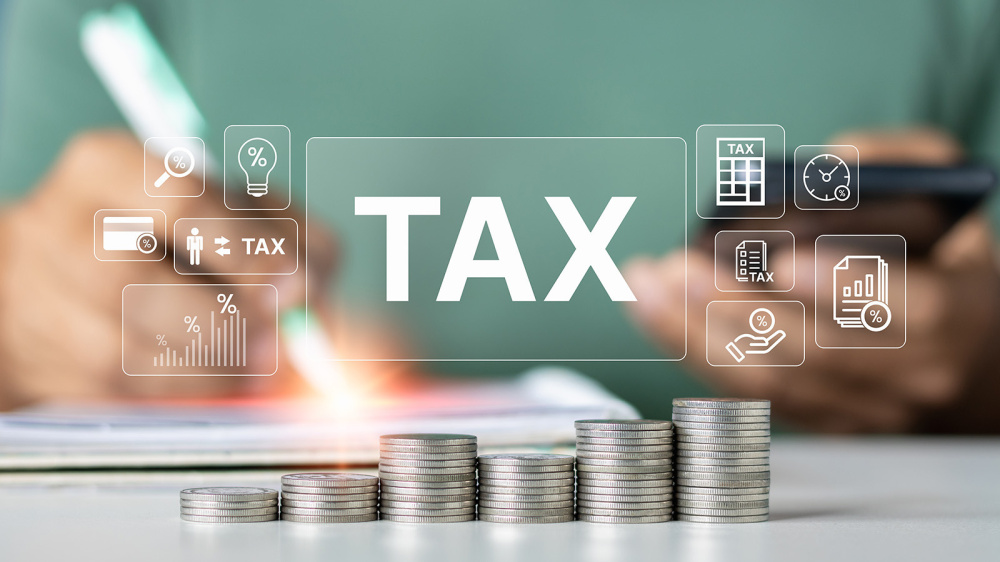26 Nov 2025
Promises Made, Taxes Paid

Let’s cast our mind back to just over a year ago to last year’s Budget and the Chancellor’s speech to the CBI conference at the end of November 2024 at which she stated she would “not [be] coming back with more borrowing or more taxes”.
She has this lunch time apparently forgotten that promise as on top of last year’s £40bn of tax rises today’s Budget has raised taxes by a further £29.8bn according to the Office for Budgetary Responsibility.
From a 2p in the pound increase in rates of income tax on rental income, dividend income and savings (interest) income from 2026 to a mansion tax starting at £2,500 per annum for houses worth more than £2m and rising to £7,500 per annum for houses worth more than £5m from 2028, the squeezed middle will have been well and truly rinsed by the end of the decade.
For business owners the cost of employing staff will rise thanks to increases in the national minimum wage and the national living wage, and the associated employers’ national insurance on those wage increases. There is no doubt that lower wage earners need an uplift, but what will that uplift do for their employment prospects, after an eye watering increase in employers’ national insurance at the last Budget?
There will be tweaks to the rate of allowances available for capital spending, down from 18% per annum to 14%, with perhaps some respite as this reduction in relief has been coupled with a new 40% first year allowance – but these two measures together will still be raising £1.5bn a year by 2030, so still a net increase in tax.
The cost of driving to work (or in fact anywhere) will increase as a Covid era fuel duty freeze of 5p per litre is unfrozen from September 2026 with inflationary increases from then on too, and electric cars and hybrids will also incur a per mile charge of 3 pence and 1.5 pence respectively from 2028.
And if you were planning to retire (ever) then if you salary sacrifice salary into your pension to provide for your retirement as this and many governments before have been telling us to do, you will lose the national insurance relief on contributions in excess of £2,000 per year, from 2029, which will lower the value of those pension savings and just seems massively short sighted. Don’t think ISA saving will come to your rescue either – from 2027 cash ISA annual contributions will be limited to £12,000 per annum with the other £8,000 of the allowance having to be invested in stocks and shares.
If you are comforting yourself with the thought that you might see some pay rises between now and 2029 when your pension contributions will be cut by the salary sacrifice changes perhaps you might be part of the 920,000 more taxpayers who will be paying the higher 40% income tax rate by then as thresholds are frozen for another 3 years to 2031, raising £8.3bn per year!
Yes, there were some targeted giveaways, the two child benefit cap has been lifted, there is a promised small cut in energy bills coming (don’t hold your breath), a freeze in the rate and threshold for student loan repayments and some tinkering with share option schemes and investor tax advantaged investment schemes, but don’t forget where we started.
A tax rise of £29.8bn and I nearly forgot, the Office of Budgetary Responsibility have also stated that by the end of the decade debt as a share of GDP is set to be 96pc (up from 95% currently) and debt servicing costs, interest to you and I, will be £16bn per year higher.
Just imagine what might have happened if she hadn’t made that promise to the CBI conference…….
Dominic Bourquin